A virtual data room (VDR) is an extremely secure platform that companies utilize to store and distribute confidential documents in business processes, such as M&A deals, capital raises, and audits. Due diligence is among the most common VDR uses but it can also be used to carry out other tasks like strategic reviews and board communications.
The most important characteristic of VDRs VDR is its security, which begins with encryption of all data. Most VDR providers provide various encryption options, including AES-256 RSA 2048 and 3DES. The majority of VDRs also have multi-factor authentication and two-step authentication. Apart from that, the majority of VDR providers also offer live chat features in their apps and a support team that speak multiple languages.
Modern VDRs also permit administrators to monitor the activity of the dig this repository by providing detailed reports. This allows you to determine which documents are most viewed and who is viewing them as well as the length of time they were accessed for. This is an extremely useful tool that can help you keep projects on schedule.
VDRs can save time by providing advanced features like document indexing, granular access permissions versions, and automated reminders. This eliminates manual work for your team, and lowers the chance of human error during complicated transactions or document-heavy processes. Additionally, some VDRs allow you to schedule reports to be sent to your inbox daily to keep you on top of the project’s requirements even when you’re away from the office.

